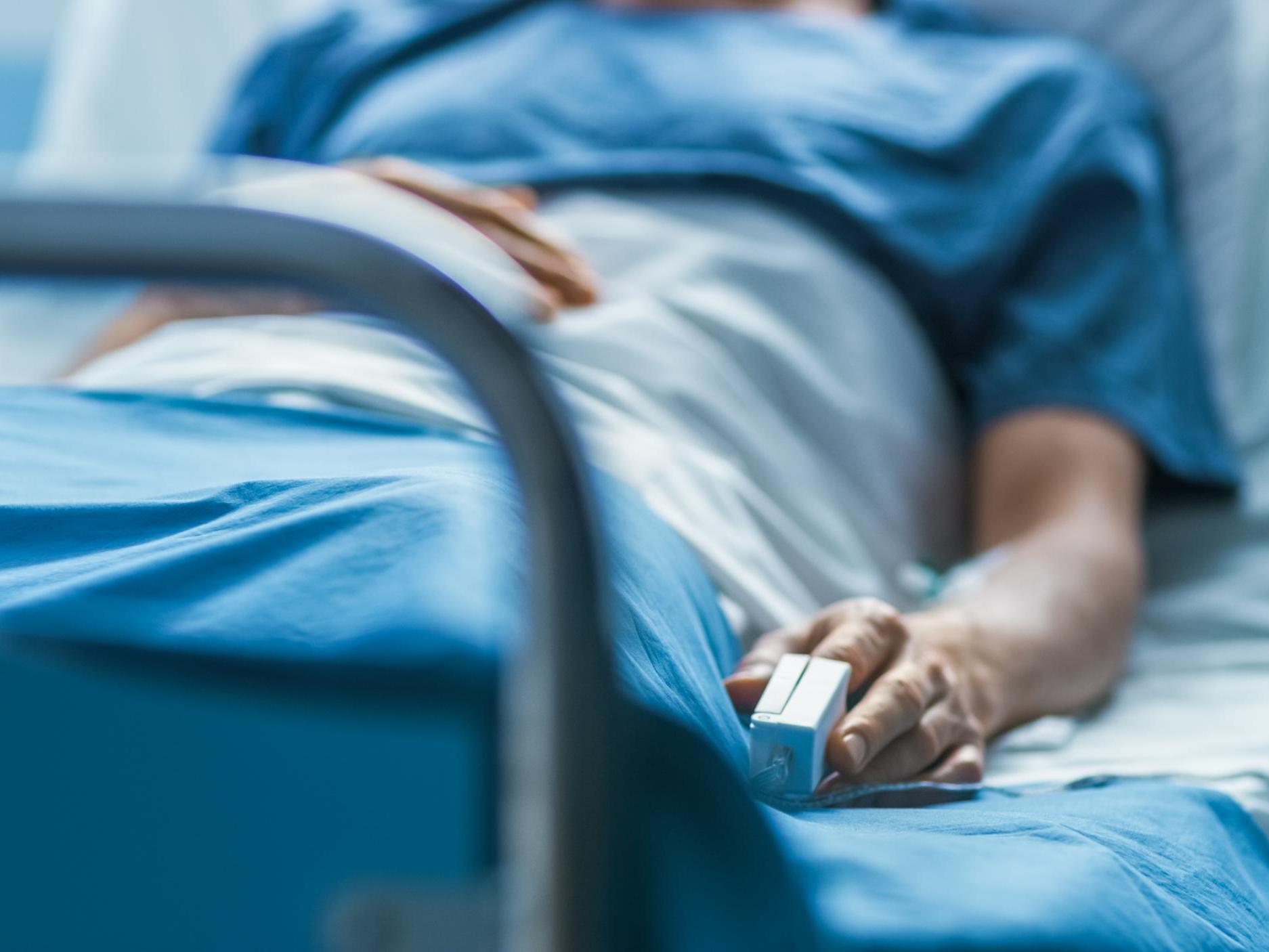Two patients die after hospitals ignore key safety warning
People mistake super-absorbent gel granules for sweets or salt packets, leading to death or injury

Your support helps us to tell the story
From reproductive rights to climate change to Big Tech, The Independent is on the ground when the story is developing. Whether it's investigating the financials of Elon Musk's pro-Trump PAC or producing our latest documentary, 'The A Word', which shines a light on the American women fighting for reproductive rights, we know how important it is to parse out the facts from the messaging.
At such a critical moment in US history, we need reporters on the ground. Your donation allows us to keep sending journalists to speak to both sides of the story.
The Independent is trusted by Americans across the entire political spectrum. And unlike many other quality news outlets, we choose not to lock Americans out of our reporting and analysis with paywalls. We believe quality journalism should be available to everyone, paid for by those who can afford it.
Your support makes all the difference.Two patients have died as a result of NHS hospitals failing to heed warnings about the use of super-absorbent gel granules, which patients mistakenly eat thinking they are sweets or salt packets.
A national patient safety alert has been issued by NHS bosses to all hospitals, ambulance trusts and care homes instructing them to stop using the granules unless in exceptional circumstances.
An earlier alert in 2017 warned the granules, which are used to prevent liquid being spilled, had caused the death of one patient who choked to death after eating a sachet left in an empty urine bottle in their room.
The 2017 alert warned hospitals there had been a total of 15 similar incidents over a six-year period between 2011 and 2017.
The latest warning from NHS England says most hospitals concentrated on “raising awareness” rather than stopping the use of gel granules.
As a result, there have been a dozen more incidents including two deaths and two other patients needing emergency treatment since 2017.
Reports described patients opening sachets and tipping the contents onto food or drink, or eating the sachet itself or the activated or partially activated gel from urine bottles, drinking beakers, teacups or plates of food.
Many of the incidents involved confused or otherwise vulnerable patients who were transferred with the products to areas that did not know the patient had them or where temporary or junior staff lacked key knowledge.
The latest warning said: “These incident reports, and NHS purchasing patterns, suggest providers have been relying on local awareness-raising rather than reviewing their overall approach to the use of these products.
“As a result of these incidents, and new guidance reinforcing that polymer gels are only required for exceptional infection control purposes this alert requires any organisation still using these products to protect patients by introducing strict restrictions on their use.”
The failure of NHS organisations to act on patient safety alerts and prevent known errors from reoccurring has been a persistent problem for the health service, contributing to hundreds of serious incidents every year.
In 2018, the system of alerts was reformed with the creation of a new national patient safety committee to coordinate key safety messages to the service and instruct organisations on exactly what they need to do.
Dr Steven Shorrock, a chartered psychologist and human factors specialist in safety, said similar alerts were used in the aviation industry but their effectiveness depended on factors such as having enough suitably qualified staff with experience and arrangements in place to manage risks.
He said: “When organisations are overstretched and under pressure, this whole activity becomes impossible to sustain. So even if there is short term improvement, things just drift back to how they were. In many cases, though, an alert or reminder is not a good way to manage risk.
“Action needs to be taken at a higher level to help control risk and not push this down to potentially thousands of individuals further down the line.”
By June 2020, hospitals, mental health units, ambulance trusts and care homes must either stop using the gel granules or similar products or restrict their use to exceptional circumstances and only by a specialist team.
Organisations have also been told to put in place blocks to prevent staff from purchasing the gel granules without permission.
Join our commenting forum
Join thought-provoking conversations, follow other Independent readers and see their replies
Comments